This collection of resources is suitable for both primary and secondary schools, from KS1 to GCSE in England, Wales and Northern Ireland, and First Level to Higher in Scotland.
When is World Space Week?
World Space Week, 4-10 October annually, is a chance to explore our 'out of this world' space-themed resources for primary and secondary schools.
You might also use these resources for , which takes place on 4 March 2025.
Watch our Space-themed Live Lesson
This epic, interactive lesson was designed to get pupils aged 7-11 starry eyed for World Space Week 2021.
We inspired budding astronomers as we linked up with world famous physicist Brian Cox, and Grace Webb from Graceãs Amazing Machines was joined by scientist Greg Foot for an epic space experiment, where we discovered how the Moon got its craters by creating a miniature comet in the studio. Click or tap here to watch the lesson again and access free supporting resources.
Primary resources
Space. collectionSpace
Three short films exploring the science KS1 topic of space, looking at Earth, the Solar System and how we explore space.
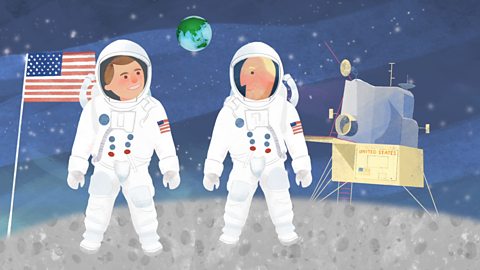
Space Songs. collectionSpace Songs
A collection of space-themed songs for primary schools, including songs suitable for celebrating the Apollo 11 mission to the Moon and the 'one small step' taken by Neil Armstrong. The songs are accompanied by a set of teacher notes, with information about each song and guidance on achieving the best possible performance.
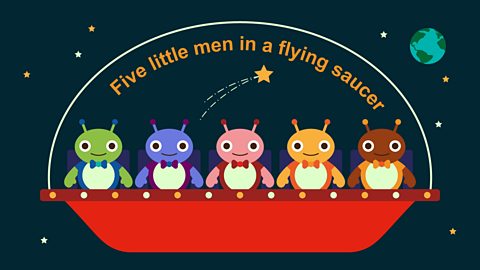
Little Stargazing. collectionLittle Stargazing
In this series of short films for primary schools a group of children aged five and six, and their families, marvel at the wonders of space. They meet two astronauts and learn about the phases of the Moon.
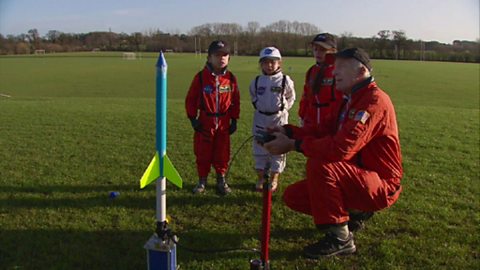
Neil Armstrong and Matthew Henson. videoNeil Armstrong and Matthew Henson
This animated film compares the lives and adventures of two different explorers, Neil Armstrong and Matthew Henson. Aimed at 5-7-year-olds.
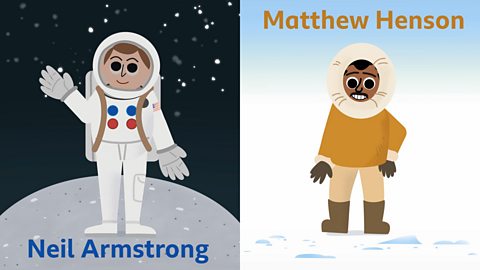
Neil Armstrong. videoNeil Armstrong
Learn about Neil Armstrong's historic voyage to the Moon with this short animated film for primary schools.
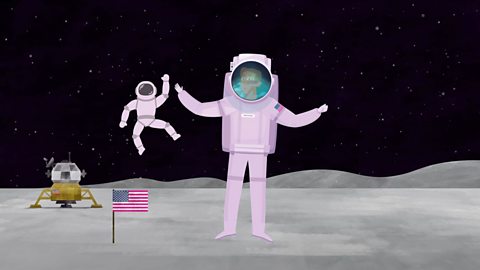
The Work of Nicolaus Copernicus. videoThe Work of Nicolaus Copernicus
This vlog-style video introduces the work of Nicolaus Copernicus, and the scientific discoveries he made about the solar system.
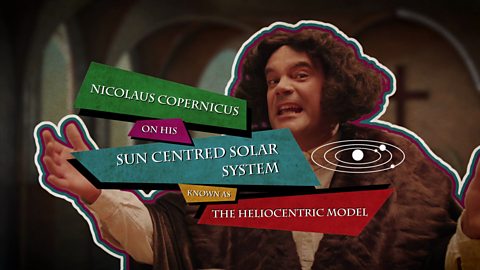
Katherine Johnson. videoKatherine Johnson
An animation exploring the life of Katherine Johnson, a mathematician who joined NASA's space program in the 1950s and played a crucial role in calculating the trajectories for their space missions.
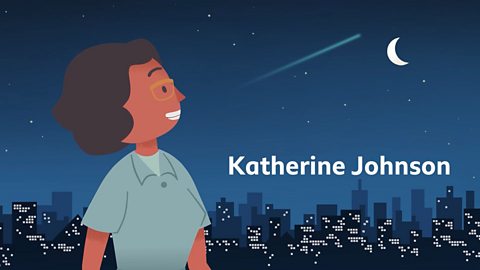
School Radio - Space. collectionSchool Radio - Space
A collection of audio recordings from the 91ààݘ Sound Archive about the Apollo 11 mission, as reported in the UK.
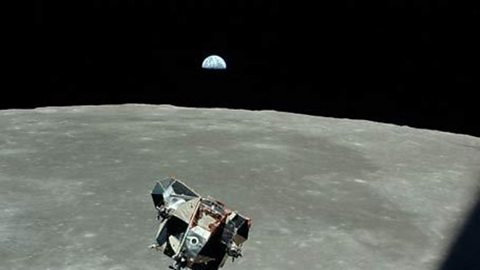
Super Movers Science Videos. collectionSuper Movers Science Videos
Get up and moving with active learning direct from the TARDIS. Here you'll find two Super Movers videos for primary schools, covering the solar system and light.
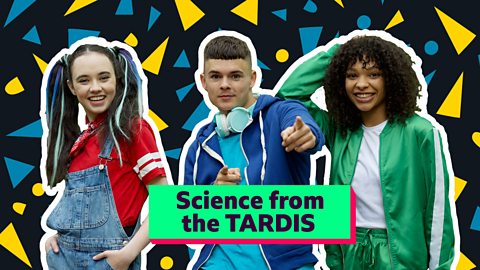
Watch again: Doctor Who, Space, Light and Super Movers - Live Lesson. videoWatch again: Doctor Who, Space, Light and Super Movers - Live Lesson
Discover how light travels and investigate Earth's place within the Solar System in this Doctor Who themed interactive lesson for 7-11 year-olds.
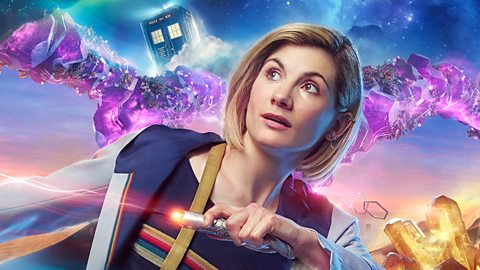
Watch again: Space - Live Lesson. videoWatch again: Space - Live Lesson
This epic interactive lesson was designed to get pupils aged 7-11 starry eyed for World Space Week 2021. World famous physicist Brian Cox, and Grace Webb from Graceãs Amazing Machines were joined by scientist Greg Foot for an epic space experiment, where we discovered how the Moon got its craters by creating a miniature comet in the studio.
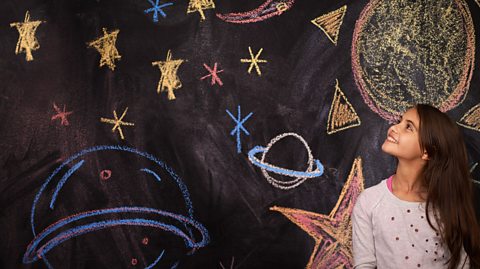
Secondary resources
Physics with Tim Peake. collectionPhysics with Tim Peake
Astronaut Tim Peake introduces some handpicked clips from the 91ààݘ archive, perfect for classroom use when studying physics or space science.
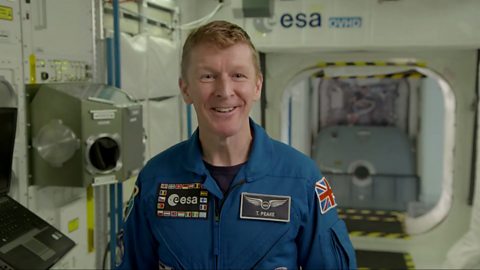
The Science of a Space Dive. collectionThe Science of a Space Dive
A series of short films that look at the challenges faced by scientists, engineers and doctors ahead of Felix Baumgartner's record-breaking and historic skydive in 2012.
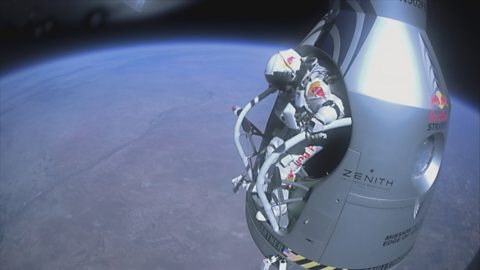
Wonders of the Universe. collectionWonders of the Universe
A series of short films in which Professor Brian Cox explains the science at the heart of the universe.
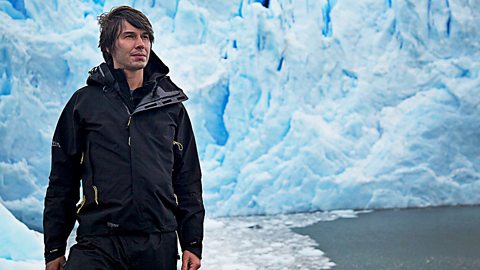
Space Science Bites. collectionSpace Science Bites
In this series of short films, Jon Chase brings alive the subject of space science with fun and engaging demonstrations.
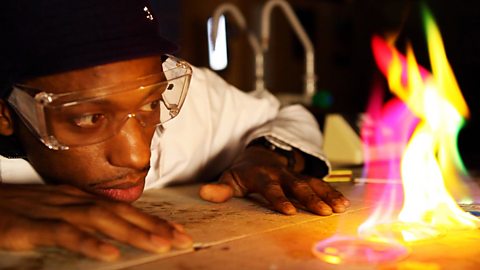
The Royal Institution Christmas Lectures - How to Survive in Space. collectionThe Royal Institution Christmas Lectures - How to Survive in Space
From the historic Royal Institution, space doctor Kevin Fong takes us on a ride from launch to orbit and the cosmos beyond for the annual children's Christmas Lectures.
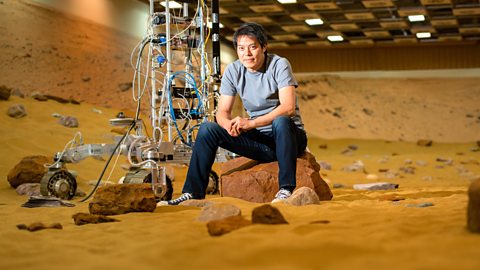
How big is one giant leap on the Moon? videoHow big is one giant leap on the Moon?
Greg Foot investigates how high he can jump on Earth compared with how high he could jump on the surface of the Moon.
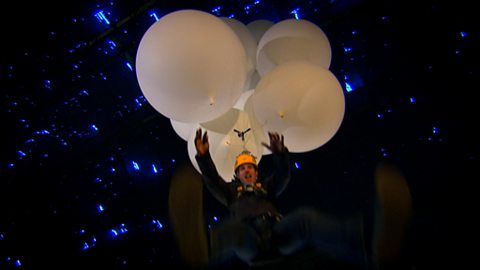
Watch again: micro:bit: Mission to Mars - Live Lesson. videoWatch again: micro:bit: Mission to Mars - Live Lesson
Investigate how computer science can be used to aid man's exploration of space in this interactive lesson for 11-14 year-olds.
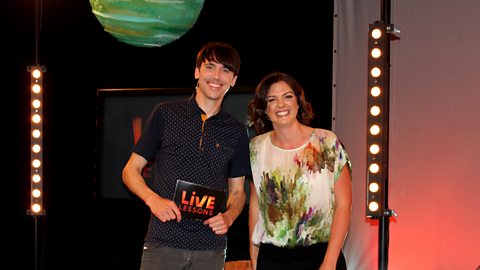
Could I live on another planet? videoCould I live on another planet?
A 60-second animation that explores the depths of the universe to discover if there are any planets capable of sustaining life.
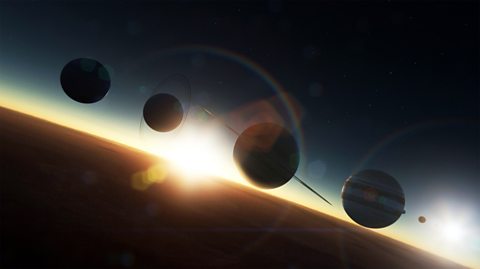
How will the Universe end? documentHow will the Universe end?
Dr Aravind Vijayaraghavan reveals how the second law of thermodynamics explains the rise and fall of all things, including the Universe itself.
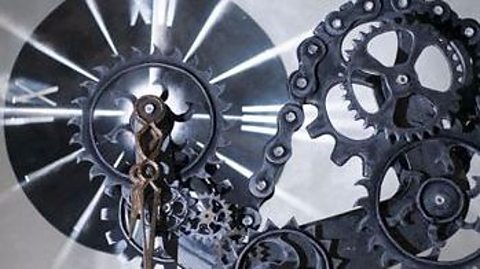
Do you have what it takes to be an astronaut? documentDo you have what it takes to be an astronaut?
Try interactive challenges similar to those astronaut Tim Peake had to overcome and find out whether you have the right stuff to become an astronaut.
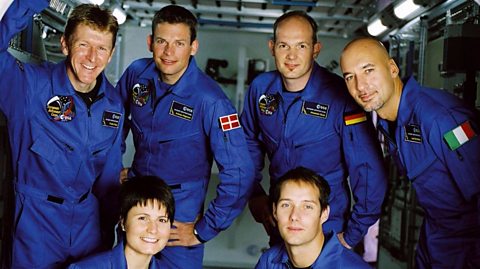
Did comets kick start life on Earth? documentDid comets kick start life on Earth?
Life, as we know it, cannot exist without water and organic molecules ã the building blocks for all living creatures. Find out if comets brought these to Earth.
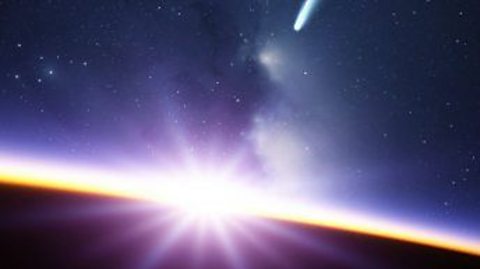
How do we know the Big Bang actually happened? documentHow do we know the Big Bang actually happened?
Most scientists think that everything that we know and experience began with the Big Bang, 14 billion years ago. But how can we have any clue about something that supposedly happened so long ago?
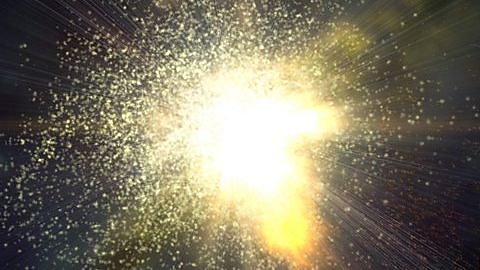
Pluto: What are NASAãs five big discoveries so far? documentPluto: What are NASAãs five big discoveries so far?
NASA's deep space probe 'New Horizons' has discovered five big things about the little-understood Pluto. What are they?
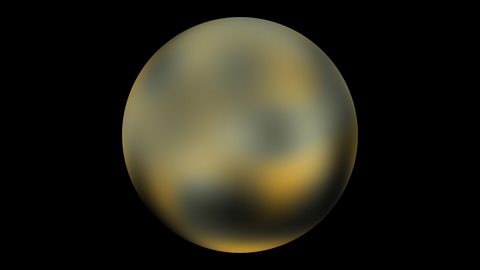
Discover the secrets and stories of Apollo 11. documentDiscover the secrets and stories of Apollo 11
Discover just how close the first Moon landing came to complete disaster with this timeline of the Apollo 11 mission, and meet the people whose bravery and quick thinking saved the day.
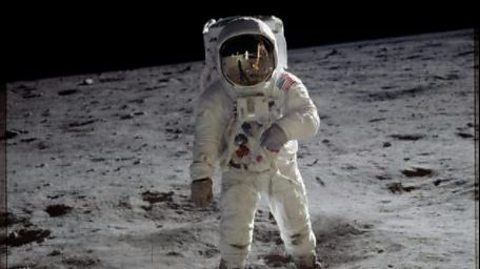
Internal learning-related resources:
- Newsround - The giant 'bubbles' found floating in space
- Newsround - Earth from space
- Newsround - Have you got what it takes to be an astronaut?
- Newsround - What's it like to be an astronaut?
- Newsround - Christina Koch: Five cool things about the record-breaking astronaut
- Newsround - Nasa could use astronaut wee to build bases on the Moon
- Newsround - Female astronauts hope to be an 'inspiration to do something great'
- Newsround - Tim Peake answers your questions
- Newsround - Nasa Quiz: True or false?
- Newsround - Jupiter's Great Red Spot super-storm is dying
- Newsround - Mercury: How to spot the planet in the night sky in February
- Newsround - Is there life on Venus?
- Newsround - How was the Earth made?
- Newsround - Apollo 11 Moon landing: Everything you need to know
- Newsround - Solar System facts - facts about the Sun
- Newsround - Pictures: Take a trip through our Solar System
- Newsound - Solar Orbiter: What is it and and what's so special about it?
External learning-related websites:
- - The European Space Education Resource Office's Mars-themed website, where students can discover more about Mars and and the space missions that the UK is working on.
- - A site from the European Space Education Resource Office about careers in the space industry and how people use science, technology, engineering and maths (STEM) skills in their everyday lives.